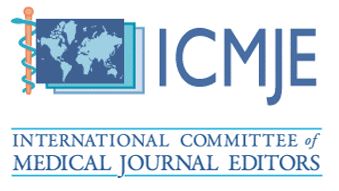Effects of Respiratory Muscle Training on Cognitive Function and Social well-being of Spinal Cord Injury (SCI) Subjects
Objetive: To assess Effects of respiratory muscle training on cognitive function and social well-being of Spinal Cord Injury (SCI) subjects. Setting: Indian Spinal Injuries Centre, Vasant Kunj, New Delhi, India.
Methods: A 4-week programme of respiratory muscle training (RMT) exercise regime was conducted in subjects with cervico-thoracic spinal cord injuries. Clinical evaluations before and after training comprised measures of QOL (cognitive functionand socialwell-being) and 21 subjects were dropped out from this study.
Results: 84 subjects were recruited in intervention (Group-A) and control group (Group-B). Mean age was 31.40 in Group-A and 29.61 in Group-B. Significant difference was observed in SCI-QOL domains: Positive affect and Well-being, Depression, Anxiety, Self-care, Basic mobility (P≤0.005).
Conclusion: Respiratory muscle training (RMT) is a technique that shall be incorporated in the rehabilitation protocol in order to improve the cognitive function and social well-being of Spinal Cord Injury (SCI) subjects.
Keywords: RMT, SCI-QOL questionnaires, cognitive function, social wellbeing.
Citation: Siddiqui R, Vaniya KG, Phaugat M, Shukla G. “Effects of Respiratory Muscle Training on Cognitive Function and Social well-being of Spinal Cord Injury (SCI) Subjects ”. SVOA Neurology 2:6 (2021) Pages 170-176.











